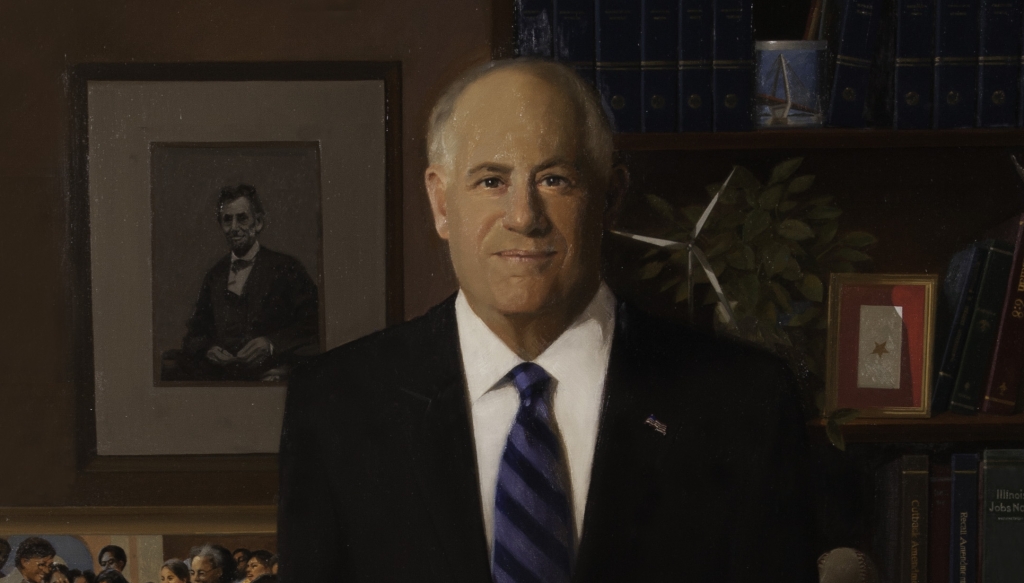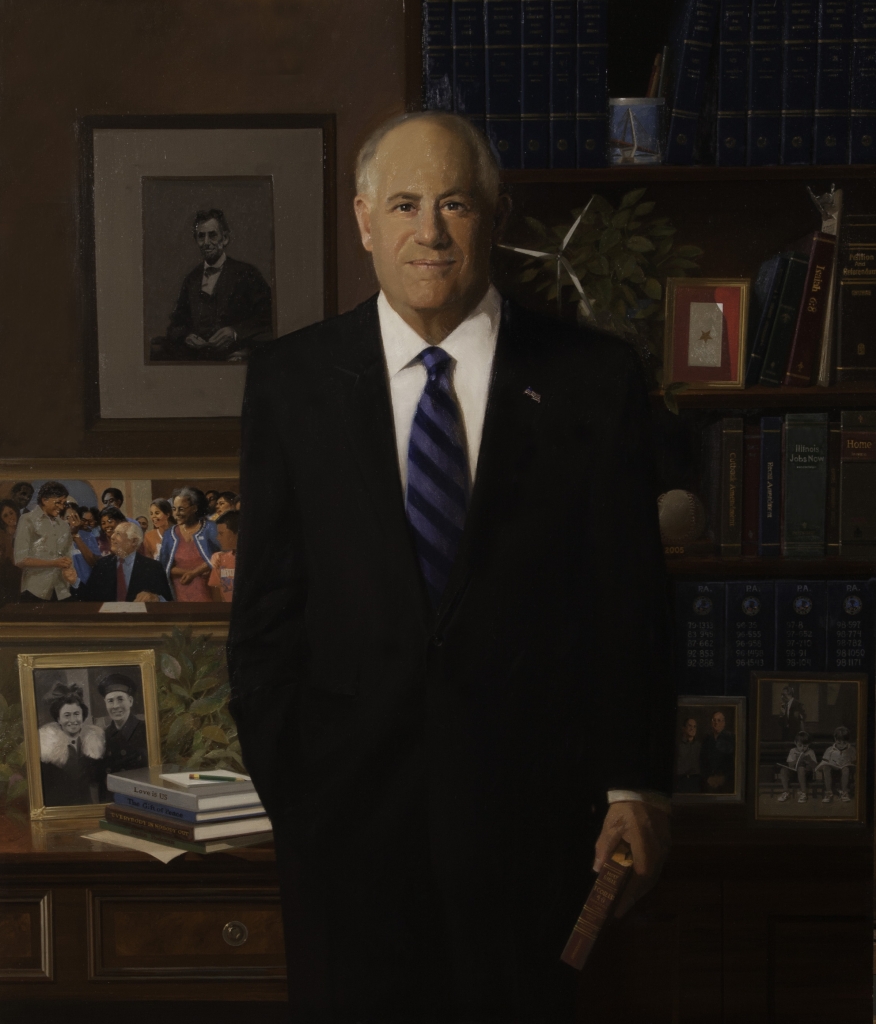In his budget address in Springfield on Wednesday, Governor Pat Quinn mainly sought to solidify his alibi for the financial catastrophe that is Illinois as he referenced fictional plaudits from George Will to buttress the fictional work of cartoon character and Quinn point-man on pension reform, Squeezy the Pension Python.
The only thing missing from Quinn’s mystical world of make-believe is Manti Te’o’s girlfriend. What’s one more ghost payroller after all?
Quinn cited George Will’s alleged support for Quinn’s modest 2010 pension reform measure saying, “National conservative columnist George Will called that law an ‘earthquake,’ a ‘seismic event’.”
What George Will actually wrote was, “If an earthquake occurs in Illinois and no one notices, is it really a seismic event? Gov. Pat Quinn called it a ‘political earthquake’ when the state's Legislature recently voted…to reform pensions for state employees.”
George Will described Quinn’s characterization of his own legislation and left that characterization as an open question.
But, again, distinctions between fact and fancy are not the forte of the Quinn administration.
I have another open question, if the 2010 pension reform Quinn touted was the “earthquake” he alleged it to be, why did he devote the preponderance of his budget address to pleading with the General Assembly to act on more substantial pension reform?
Another Chicago Democrat whose seismic event turns out to be a tremor for Illinois taxpayers.
One of the places where the ground is actually crumbling under our collective feet is with the state’s Medicaid program, our largest general fund expenditure. Currently providing health care services (in theory) to nearly 1 in 5 Illinoisans, under Quinn’s fast-tracking of Obamacare implementation, that number is expected to grow to 1 in 3 Illinoisans.
Illinois’ Medicaid program in its current iteration works like this: The state cannot finance its health care promises to the current Medicaid enrollees so it does not pay health care providers. Health care providers in turn stop serving Medicaid recipients because the state does not pay. Thus, the very people who should be served by the program—indigent persons, pregnant women, the developmentally disabled—have actually seen their access to quality health care deteriorate.
The Quinn solution? Add another 1 million people to the Medicaid rolls so as to present the appearance of compassion while in fact using the most vulnerable among us as cannon fodder for the big government agenda of Chicago Democrats in Springfield and Washington, D.C.
Another pillar of government cracking under the weight of command control is K-12 education. Quinn focused on preserving the state’s financing of early childhood education saying, “A child is only four years old once.”
As I understand it, a child is only seven, eight, and nine years old once as well. What I do not understand is how the governor can justify turning a blind eye to children left to rot in schools in Chicago and throughout Illinois that will fail them just as they have failed generations before them. What I cannot understand is a General Assembly that aids and abets discrimination against children, predominately minority children, based on their address and household income. So those four year olds Quinn referenced will start school earlier and then be funneled into school systems that will not have taught them to read by the fourth grade. This is what the governor and the Springfield ruling elites call “a top priority”. Theirs is an urgent commitment to failure.
Quinn concluded his address with another sop to pop culture play-acting invoking Daniel Day Lewis’ portrayal of Abraham Lincoln saying, “And so I ask you…as our greatest president Abraham Lincoln asked in this year’s film: ‘Shall we stop this bleeding?’”
Quinn was asking the General Assembly. I know what their answer is. The question is better put to the Illinois electorate next year. And that is another open question.









